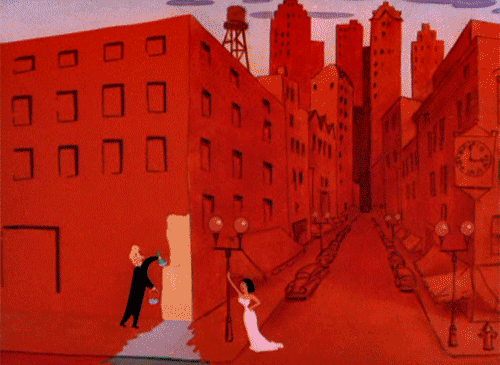

“Blue collar” connotes people who work at a trade or as laborers, because such workers at one time commonly wore durable shirts made of blue cotton (as opposed to “white collar,” referring to dress shirts worn by professionals and office workers, and “pink collar,” a later, now frowned-on, reference to women in clerical positions, so labeled because men rarely wore pink.) (“Into the wild blue yonder,” meanwhile, refers to a venture into unknown territory.) Blueīecause it is the color of the sky, blue is associated with idioms such as “out of the blue,” “like a bolt from the blue,” and “out of a clear blue sky” that refer to a person, thing, or idea that arrives as if from nowhere. If you have a green thumb (or, in British English, green fingers), you are adept in gardening - probably because successful gardeners are apparent from the green pigmentation that rubs off from healthy plants to their hands as they handle the vegetation.īecause US paper currency is green, in American English, the color is associated with money and wealth. The phrases “green-eyed monster,” an epithet for jealousy, and “green with envy” are perhaps based on the idea that one’s complexion turns a sickly hue when feeling these emotions similarly, to say that someone looks green (or is green around the gills) means that they appear to be sick.īut green also has positive connotations: To give someone the green light, based on the universal traffic-signal color to indicate “Go,” is to approve a proposal. To have a yellow belly or a yellow streak down one’s back (the reason for the choice of locations is obscure) is to be a coward, and yellow journalism, based on an early comic strip character named the Yellow Kid, is that which is sensational and/or biased.

The few idioms incorporating the word yellow have negative connotations. Although it is a bright, cheerful color often found in nature, the only common expression that uses the word orange employs the plural form referring to the fruit of that name –“apples and oranges,” meaning “unrelated subjects or issues,” to emphasize irrelevance. OrangeĪmong the colors of the rainbow, orange is curiously absent from idiomatic usage. However, they overshadow a few positive ones: “paint the town red” (enjoying oneself dining and drinking), “red-letter day” (an occasion for celebration), and “red-carpet treatment” or “roll out the red carpet” (referring to paying special attention to someone, based on the color of carpeting usually seen at the entrance to a gala event for celebrities or VIPs).Ī red herring is a deliberate diversion, a red-eye flight is a late-night airplane trip (from the bloodshot eyes of tired passengers), and to have a red face or to go beet red is to be embarrassed. Redīecause of the association of the color red with danger and deficits, most idioms that include the word red - for example, “in the red” (meaning “in debt”) “red tape” (referring to bureaucratic complications), and “seeing red” (being so angry that one’s vision is blurred) - have negative associations. Here’s a sampling of idioms employing the words for colors. The six colors of the spectrum have contributed significantly to expressions and turns of phrase that are themselves often quite colorful. The use of the phrase "Suck-egg" for "a silly person" is dated back to 1609 by the OED.Idioms Referring to Colors of the Rainbow By Mark Nichol Letter from Percy Bysshe Shelley to Leigh Hunt, 15 August 1819: "But what am I about? If my grandmother sucks eggs, was it I who taught her?".The English of which, he told us, was, That a child may sometimes teach his grandmother to suck eggs I remember my old schoolmaster, who was a prodigious great scholar, used often to say, Polly matete cry town is my daskalon. The History of Tom Jones, a Foundling, Henry Fielding (1749):.
#PAINT THE TOWN RED MEANING IDIOM HOW TO#
Most likely the meaning of the idiom derives from the fact that before the advent of modern dentistry (and modern dental prostheses) many elderly people (grandparents) had very bad teeth, or no teeth, so that the simplest way for them to eat protein was to poke a pinhole in the shell of a raw egg and suck out the contents therefore, a grandmother was usually already a practiced expert on sucking eggs and didn't need anyone to show her how to do it. Stevens, of Francisco de Quevedo (Spanish author): "You would have me teach my Grandame to suck Eggs".

The OED and others suggest that it comes from a translation in 1707, by J.


 0 kommentar(er)
0 kommentar(er)
